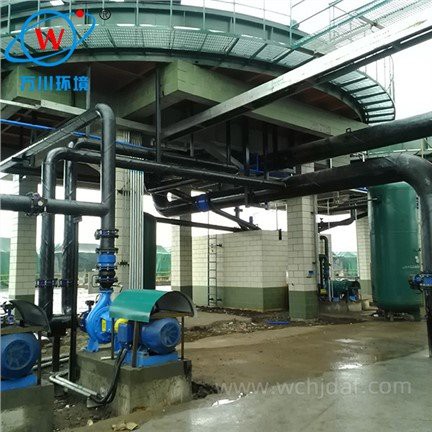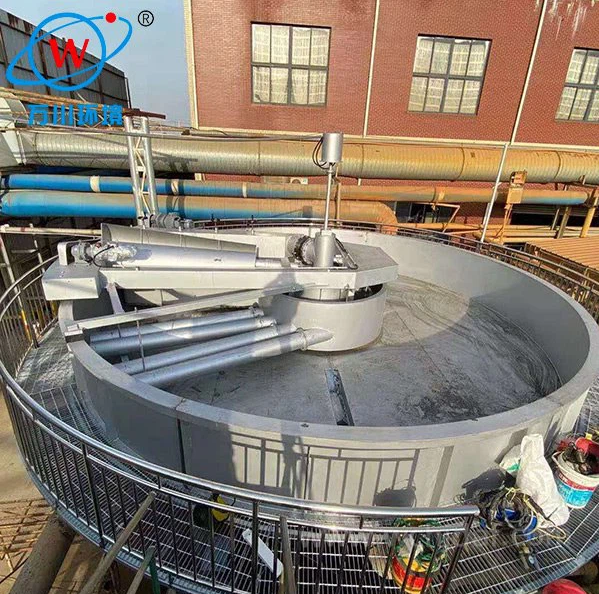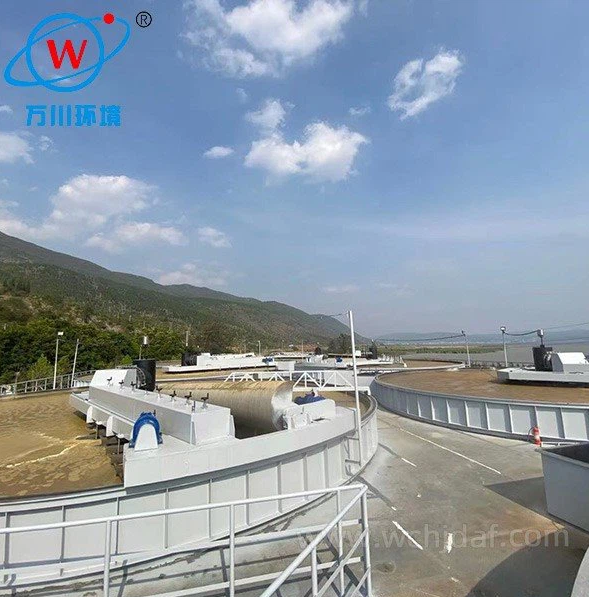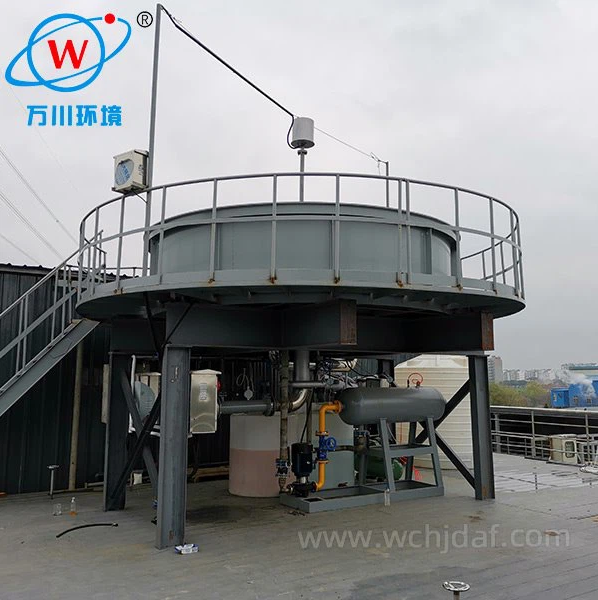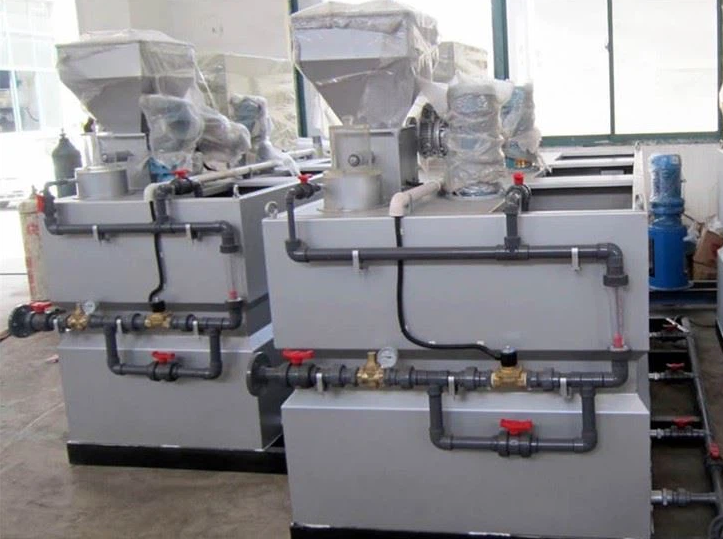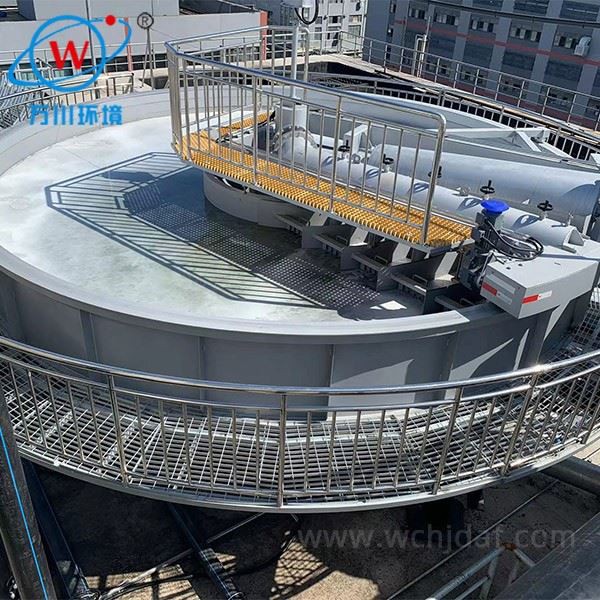Factors Affecting DAF System Performance
Several factors can significantly influence the performance of an Oil Water Separator DAF (Dissolved Air Flotation) system, affecting its efficiency in separating oil from water.
1. Water Characteristics
- Influent quality: High concentrations of suspended solids can clog the system's nozzles and reduce bubble-particle attachment.
- Oil type: Free-floating oils are easier to remove, while emulsified or dissolved oils require additional treatment, such as chemical addition.
- pH and temperature: Extreme pH values affect bubble stability, and low temperatures increase water viscosity, slowing bubble rise.
Key Consideration:
The type of oil matters significantly - emulsified oils may require chemical pretreatment to achieve proper separation efficiency in the DAF system.
2. System Design and Operation
- Tank design: Size of flotation tank and distribution of air-water mixing zones directly affect separation.
- Operation parameters: Improper air pressure during saturation or inconsistent chemical dosing reduces flotation efficiency.
- Retention time: Insufficient time in the flotation tank may prevent complete oil droplet separation.
3. Maintenance and Component Condition
- Nozzle condition: Clogged air release nozzles reduce bubble size and quantity, decreasing effectiveness.
- Component wear: Malfunctioning pumps, compressors, or skimmers disrupt system operation.
- Tank corrosion: Can contaminate treated water and interfere with separation processes.
Maintenance Impact:
Without proper upkeep, DAF system performance will deteriorate over time, leading to reduced oil separation efficiency and potential compliance issues.

